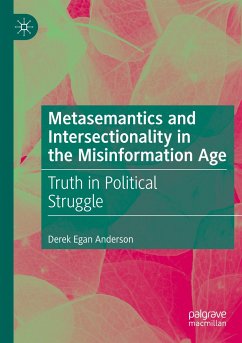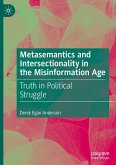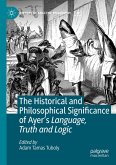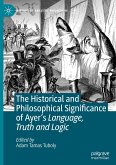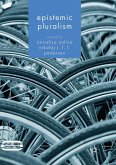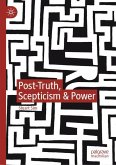This book investigates the impact of misinformation and the role of truth in political struggle. It develops a theory of objective truth for political controversy over topics such as racism and gender, based on the insights of intersectionality, the Black feminist theory of interlocking systems of oppression. Truth is defined using the tools of model theory and formal semantics, but the theory also captures how social power dynamics strongly influence the operation of the concept of truth within the social fabric. Systemic ignorance, propagated through false speech and misinformation, sustains oppressive power structures and perpetuates systemic inequity. Truth tends to empower marginalized groups precisely because oppressive systems are maintained through systemic ignorance. If the truth sets people free, then power will work to obscure it. Hence, the rise of misinformation as a political weapon is a strategy of dominant power to undermine the political advancement of marginalized groups.
Bitte wählen Sie Ihr Anliegen aus.
Rechnungen
Retourenschein anfordern
Bestellstatus
Storno

